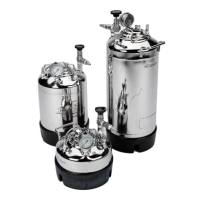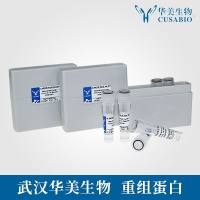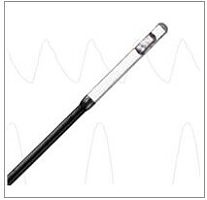Pressure Cycling Technology in Systems Biology
互联网
678
Systems biologists frequently seek to integrate complex data sets of diverse analytes into a comprehensive picture of an organism’s biological state under defined environmental conditions. Although one would prefer to collect these data from the same sample, technical limitations with traditional sample preparation methods often commit the investigator to extracting one type of analyte at the expense of losing all others. Often, volume further constrains the range of experiments that can be collected from a single sample. The practical solution employed to date has been to rely on information collected from multiple replicate experiments and similar historical or reported data. While this approach has been popular, the integration of information collected from disparate single-analyte sample preparation streams increases uncertainty due to nonalignment during comparative analysis, and such gaps accumulate quickly when combining multiple data sets. Regrettably, discontinuities between separate data streams can confound a whole understanding of the biological system being investigated. This difficulty is further compounded for researchers handling highly pathogenic samples, in which it is often necessary to use harsh chemicals or high-energy sterilization procedures that damage the target analytes. Ultra-high pressure cycling technology (PCT), also known as barocycling, is an emerging sample preparation strategy that has distinct advantages for systems biology studies because it neither commits the researcher to pursuing a specific analyte nor leads to the degradation of target material. In fact, samples prepared under pressure cycling conditions have been shown to yield a more complete set of analytes due to uniform disruption of the sample matrix coupled with an advantageous high pressure solvent environment. Fortunately, PCT safely sterilizes and extracts complex or pathogenic viral, bacterial, and spore samples without adversely affecting the constituent biomolecules valued as informative and meaningful analytes. This chapter provides procedures and findings associated with incorporating PCT into systems biology as a new and enabling approach to preanalytical sample treatment.









